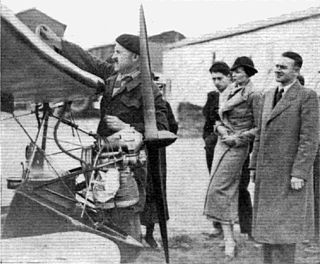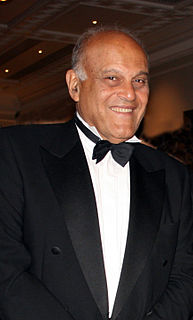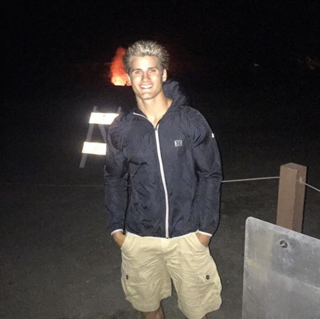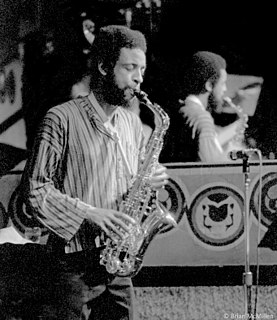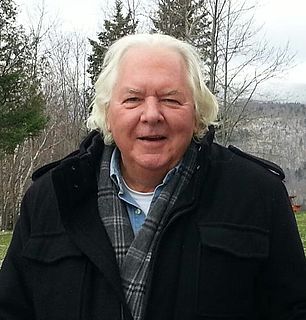A Quote by Jen Kirkman
There are a lot of things I might be good at, such as competitive figure skating, window washing from ten stories up, and being an open heart surgeon. I might also make an excellent Kamikaze pilot - except for the fact that I don't want to learn how to fly and have no interest in taking my own life on behalf of Japan.
Related Quotes
A surgeon might want to be the best surgeon in Manhattan, but out on Long Island on the weekend, not care at all how he is on the tennis courts or on the Ping-Pong table. Even turning your competitiveness off when it's appropriate, when other people are not being competitive, to recognize that social circumstance and, you know, cool it. That's a crucial competitive skill.
What is it in fact, this learning to fly? To be precise, it is 'to learn NOT to fly wrong.' To learn to become a pilot is to learn - not to let oneself fly too slowly. Not to let oneself turn without accelerating. Not to cross the controls. Not to do this, and not to do that. . . . To pilot is negation.
You figure out how to create opportunities to make music, and then, if you take care of the music, audiences will come around. They also might leave. What matters is the moment: the moment of making music, with and for and among others, and what that offers to those people in that moment. They might never see me again; they might never learn my name. But it might still be something they carry with them.
A lot of people have a lot of things going on in their life. You'll be walking past ten people in the middle of the day and not even notice, but someone might have a family member that died, or someone might be going through a hard time. Sometimes you're the only person that someone might see that lifts them up.
People have their own interests and they want to play a certain kind of music. People want to play in orchestras. They want to play on Broadway. Those that want to play traditional jazz and have no interests in the ideas of improvisation. So in spit of the fact that there are fifty violin players, you might only narrow it down to ten and within those ten, there might only be three who have the right kind of background and credentials to deal with what you need to deal with. Everybody's got their own special thing that they are after and a lot of times you don't have time to be training people.
People can glum onto all sorts of things. And some might use this in that way instead of taking personal responsibility for their lives. But if you discover the addiction is not all your own, you can ask, "Do I want to drink or smoke on behalf of Uncle Fred? Or do I realize I need to get rid of Uncle Fred and live my own life."
We should be open to a discussion on keeping guns out of the hands of the mentally ill. I don't know how that manifests itself, but I'm looking to get elected president of the United States. I just want to let people know I have an open mind about how we might - how government might - interject itself in a lot of the problems we have.
Jesus offered a single incentive to follow himto summarize his selling point: 'Follow me, and you might be happy-or you might not. Follow me, and you might be empowered-or you might not. Follow me, and you might have more friends-or you might not. Follow me, and you might have the answers-or you might not. Follow me, and you might be better off-or you might not. If you follow me, you may be worse off in every way you use to measure life. Follow me nevertheless. Because I have an offer that is worth giving up everything you have: you will learn to love well.'
...all of a sudden I felt filled up again, so that my heart might come up my throat. And I was thinking how that can come over you, out of nowhere, and if it wasn't such a fine feeling, it might almost be frightening. Like there's more love and good thoughts and powerful things inside of you than one body can hold.
By delivering experience, novels can alter the stance we adopt toward news - not much, I'm sure, but they can make it a little more difficult for us to consign "other people" to our tidy boxes. Widening our imaginative life might - it's not hard to imagine - also develop our ability to contemplate counterfactuals and our capacity to speculate about how things might differ from how they're being represented.
The people who are good in the long run fail a lot, especially at the beginning. So, when you fail early, it might be worth realizing that this is part of the deal, the price you pay for being good in the long run. Every rejection is a gift. A chance to learn and to do it better next time. An opportunity to figure out how to bounce, not break. Don't waste them.



